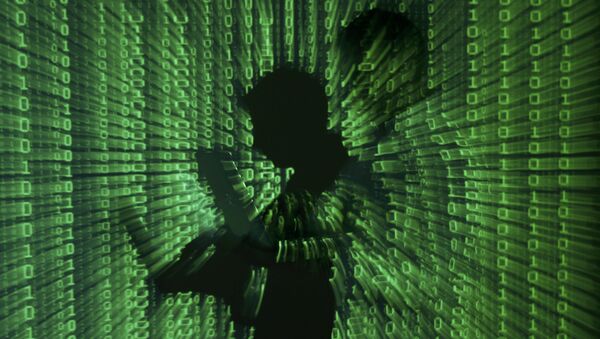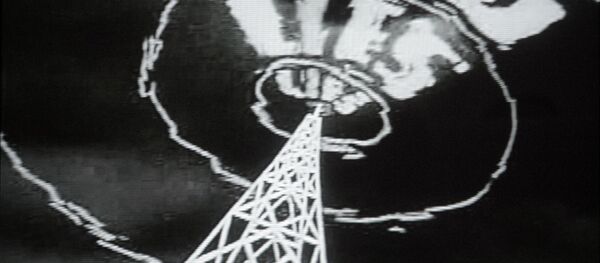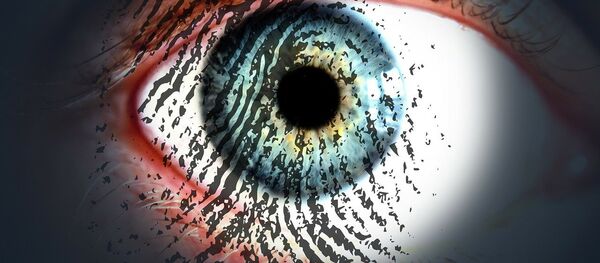Ostensibly, the database is designed to further understanding on how misinformation spreads on the web, particularly through memes and jokes shared on social media.
A team of government-funded researchers will accordingly attempt to decide what forms of political and social expression are thought to be true, versus what are said to be false.
The ironic name of the project comes from a term coined, but not patented, by Stephen Colbert, a US political satirist and comedian who often referred to “truthiness,” as a definition of an ability to intuit or merely “feel” whether a fact was authentic.
The grant proposal that obtained the funding for the Truthy Database specifically detailed that it would available for “public monitoring.”
The open-source database has yet to go online.
The project website suggests that memes play an important role in disseminating information and are therefore worthy of further research, particularly in terms of establishing origin.
“While the vast majority of memes arise in a perfectly organic manner, driven by the complex mechanisms of life on the Web, some are engineered by the shady machinery of high-profile congressional campaigns,” the website stated, noting also that sophisticated branding techniques by corporate marketing entities constantly attempt to steer the popular online conversation toward their client’s products.




